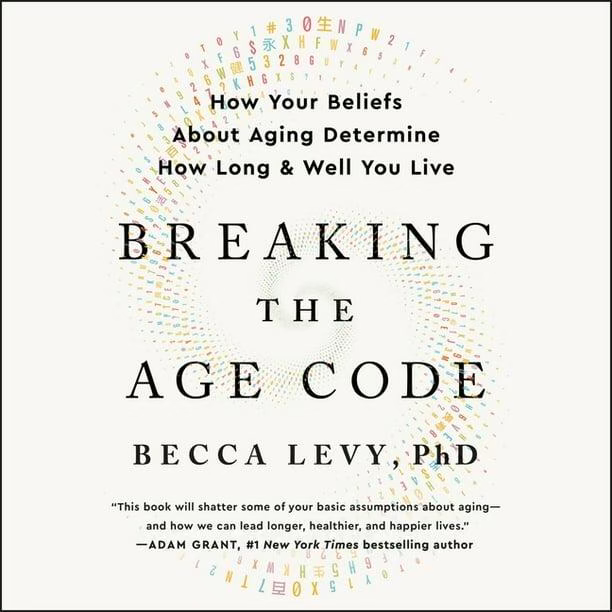Geriatricians - The Senior Specialists
- Alan Fisk
- Dec 9, 2022
- 3 min read

It’s no secret that older adults have lots of doctors. Medicare data shows those over age 65 see an average of five different doctors a year. But experts say many older adults might benefit from adding one more doctor, who can be a life changer: A geriatrician.
“Geriatricians are invaluable,” says Peter A. Lichtenberg, PhD, director of the Institute of Gerontology at Wayne State University, which studies aging. “They focus on optimizing function in older people in a way that is rarely seen by internal-medicine practitioners.”
Yet, Dr. David A. Sengstock, a geriatrician at Corewell Health William Beaumont University Hospital, formerly Beaumont Royal Oak, says there aren’t enough geriatricians to deal with the special needs of older adults. Those needs can include arthritis, Alzheimer’s, balance issues that can lead to falls, cancer, dementia, diabetes, depression, frailty, heart disease, incontinence, sleep problems and multiple medications.
“Absolutely there is a shortage,” Sengstock says. “We have a fast-growing aging population. One in five Americans will be over 65 soon. But the number of people trained to take care of their problems is inadequate. Most seniors are well cared for by their doctors but many need additional help.”
For example, Sengstock says, he sees patients who take “lots and lots of drugs” prescribed by different doctors. “I spend a lot of my time decreasing the drugs people take. Some may not be needed anymore or are not the best choice for older adults,” and may make patients dizzy or ill.
Sengstock is on the front lines of the profession as director of medical education for four hospitals at Corewell Health East, and associate program director for Corewell’s geriatrician training for physicians.
The American Society of Geriatrics estimates there are just over 6,900 certified geriatricians in the United States, versus more than 30,000 cardiologists, according to KPMG financial advisers.
One reason geriatricians are rare is that Medicare, the government health insurance program for people 65 and older, has low reimbursement rates for geriatricians, so they may earn less than other specialists.
Geriatricians are also primary care doctors, internists and family medicine specialists, who have an additional two years of specialized training in treating older adults This means anybody can see a geriatrician for primary care.Geriatricians can also be consultants to your primary care doctor, or work as part of a team of doctors and caregivers for older adults. They are trained to pay more attention to overall quality of life and life goals, collecting information on lifestyle, family and the patient’s community to get a fuller picture of a patient’s life. Consultations usually take longer, so they may see fewer patients.
Preferring not to use their last names, Esther A. said her ex-husband Richard T., who she serves as co-guardian, has indeed benefitted from seeing geriatrician, Dr. Amita Pai.
In September 2016, Richard, who is 75, had a seizure and was hospitalized at what was then Beaumont Royal Oak. He spent time in the Intensive Care Unit and was found to be taking food into his lungs. He has also been diagnosed with early-stage dementia.
Richard lives on his own with the assistance of his co-guardians, including daughter, Julie T., and helpers they arrange. He is frail and underweight and has fallen on occasion. He has uncontrollable hand tremors.
The family decided to switch Richard from his internist to a geriatrician at the hospital’s Geriatric Assessment Center. He also has a yearly neurocognitive assessment in that outpatient office.
Since then, “All in all, Richard has been doing well and seems stable,” Esther says. “I give some of the credit to Dr. Pai. She diagnosed him at his last visit as having pre-dementia — no longer dementia. She said he can continue living in his own apartment ‘with guidance.’ She’s tried different meds and dosages to control Richard’s tremor. To help him gain weight, she advised that I add ice cream to his freezer.”
Esther adds, “I feel Dr. Pai has enhanced Richard’s life.”
Alan Fisk was an editor and reporter at numerous publications including The Detroit News and The New York Times, over 50 years. In retirement he has taught journalism at the University of Michigan and has written many freelance articles.
Where to Find Help
For information on metro Detroit geriatric centers to assist in finding a geriatrician contact:
Rosa Parks Geriatric Center at Detroit Medical Center, 1-888-264-0102 (Detroit).
Corewell Health Beaumont Geriatric Assessment Center, 248-551-8305 (Berkley).
Henry Ford Health Geriatric Centers, 800-436-7936 (Detroit, Hamtramck, West Bloomfield).
www.healthgrades.com to find a doctor, doctor reviews and to schedule on-line appointments.




Comments